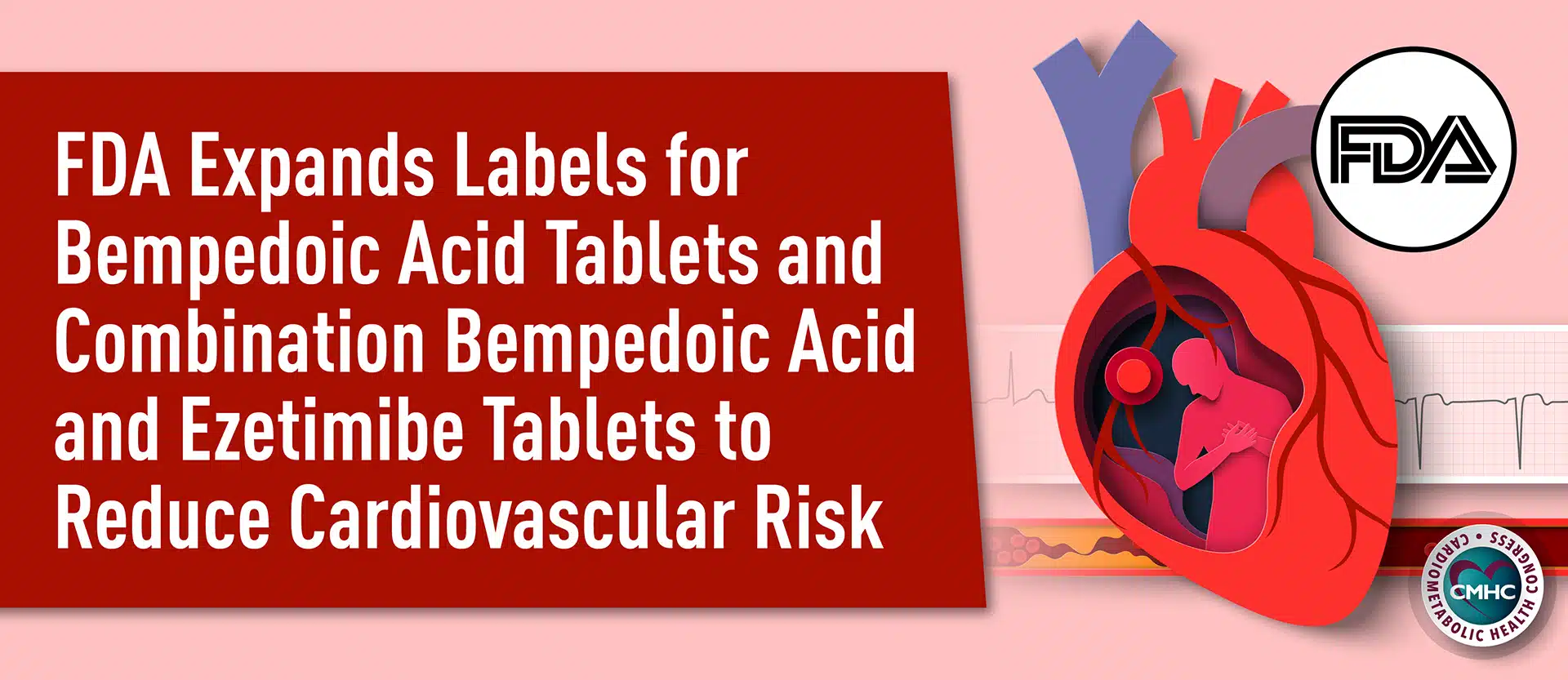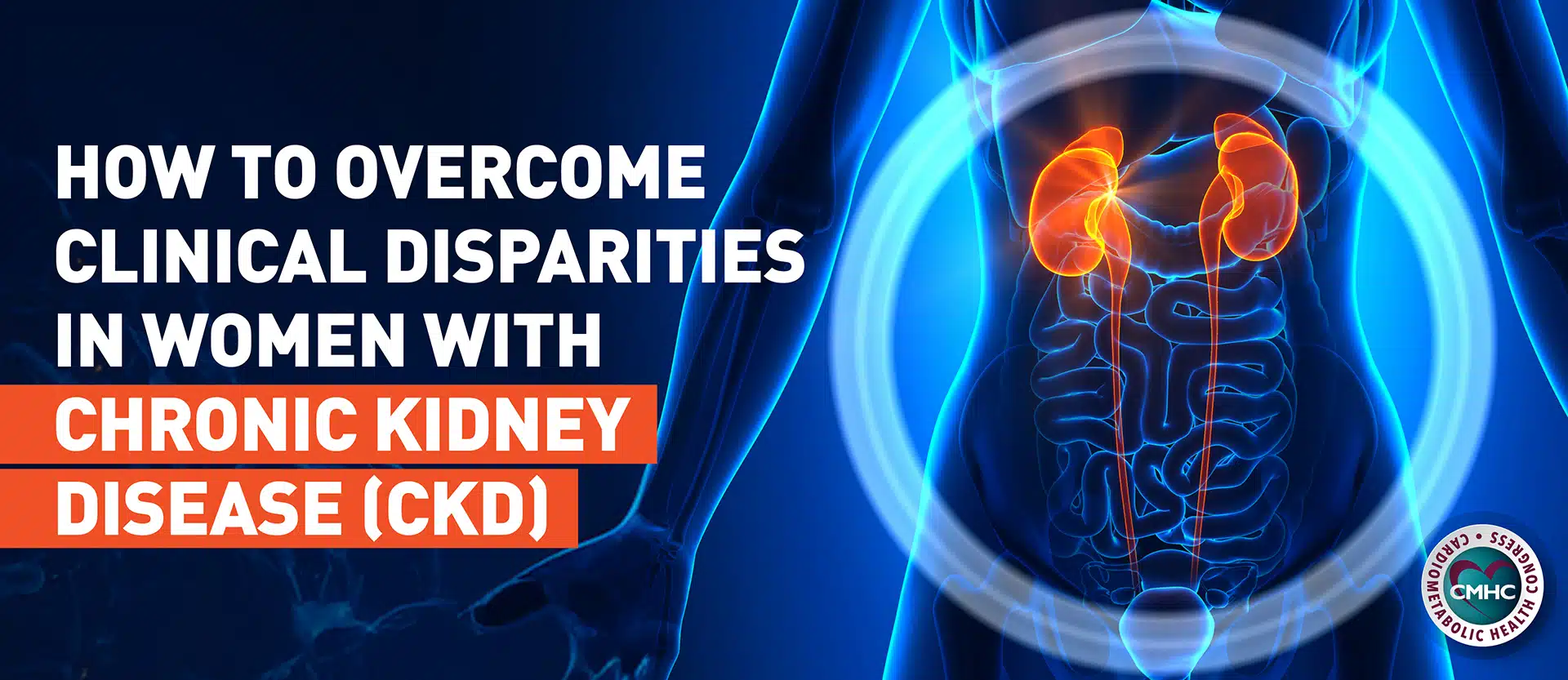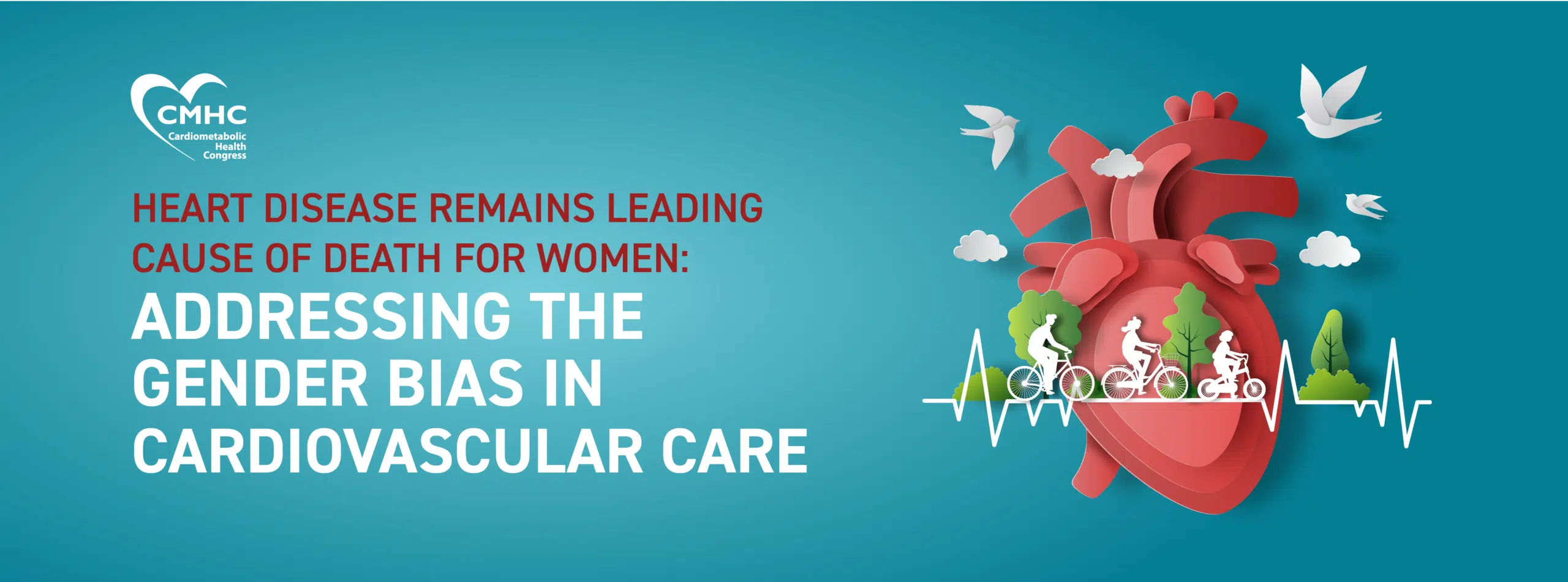Cardiovascular disease is the leading cause of death in women, outnumbering deaths from all other causes combined. According to the American Heart Association, one in three women have some form of cardiovascular disease. Recognizing women at risk of CVD is of tremendous public health importance.
While the risk factors for CVD are many, menopause has been identified as one of the strongest with an observed increase in female heart attacks occurring 10 years after menopause. Although menopause does not directly cause CVD, a series of other risk factors such as blood pressure and LDL cholesterol also increase around this time.
Menopause & CVD On average, menopause occurs between the ages of 51 and 54, with a precursory period of decreasing estrogen levels. The natural hormone is believed to have a positive effect on the inner layer of the artery wall, helping to keep blood vessels flexible and maintain proper heart functioning. Declining estrogen levels compound other CVD risk factors, increasing the risk of cardiovascular disease in menopausal and post-menopausal women.
Other changes that occur during menopause, such as HDL cholesterol decline and triglyceride level increase, contribute to the increased rates of heart disease. However, the AHA cautions against using postmenopausal hormone therapy to reduce the risk of CVD, as studies have shown there is no associated risk reduction. Instead,
Early Menopause
Early menopause, classified as
Not only does early menopause increase the risk of cardiovascular disease, but it also leads to higher rates of type 2 diabetes, osteoporosis
Preventing premature menopause is essential to lowering female cardiovascular disease-related mortality rates and ensuring better outcomes for patients with CVD or past CVD events. Although previous studies have proven a link between early menopause and cardiovascular disease, the converse is yet to be extensively researched.
Premenopausal CVD & Early Menopause
Dr. Zhu and his team evaluated data from 177,131 female participants concluding that women who experienced premenopausal CVD events, such as heart attacks or strokes, before the age of 35 had a doubled risk of early menopause. Meanwhile, women who had suffered from a cardiovascular event after the age of 40 were more likely to experience normal menopause.
Although the results are promising for improving female cardiovascular health, further research is necessary to evaluate the role of shared genetic and environmental factors as well as compromised vasculature after CVD events on the heightened incidence of early menopause. Additionally, more research is needed to determine the cross-sectioning of these findings across women of all races and ethnic groups as the majority of participants were Caucasian.
Female Cardiovascular Care
Emerging clinical research has highlighted specific factors that are uniquely important in the prevention and early detection of heart disease in women. In order to provide necessary resources for the prevention, diagnosis
To lower the risk of early menopause and associated cardiovascular disease, it is important to ensure women take preemptive measures and maintain good heart health. A healthy lifestyle – which includes regular exercise, proper nutrition and the elimination of unhealthy habits – has been proven to decrease the risk of heart disease and improve cardiovascular health.


















